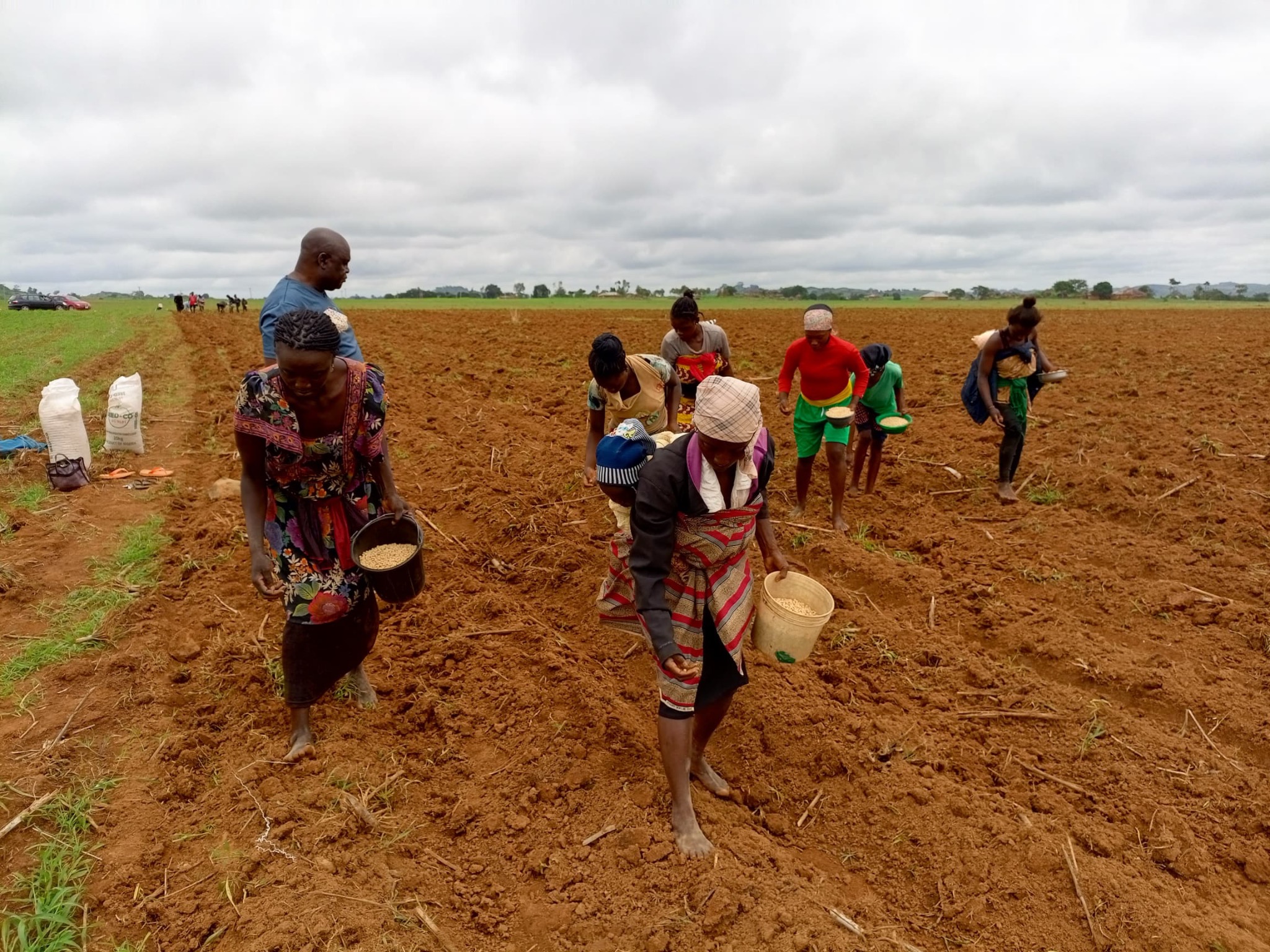Market Opportunity

Massive Market Potential
- ₦500 Billion Industry: Nigeria's pig industry is valued at 500 billion naira as of 2025, producing 303,000 MT per year.
- Plateau State Focus: 60% of pig farmers use low-yield pig breeds/local breeds, presenting a huge opportunity.
- High Demand: Strong demand in North Central + Nigerian urban markets for live mature pigs, piglets and pork meat.
- Service Gap: Significant gap in local semen/AI services creates a massive opportunity for growth.